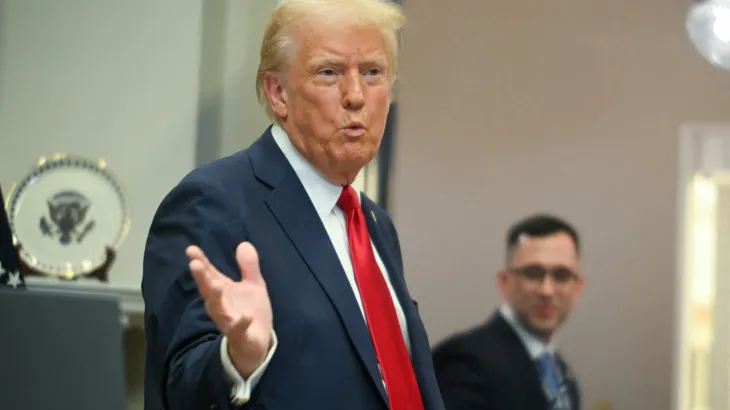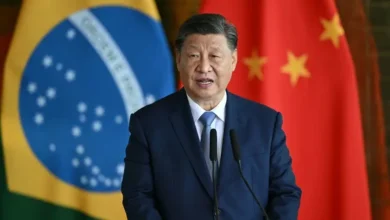How Trump’s executive orders will roll out — if courts allow them

United States President Donald Trump has signed a record 26 executive orders on his inauguration day. However, some are expected to face hurdles as experts warn they clash with the US Constitution.
Here is more about the orders signed on Monday and whether they can be implemented:
How do executive orders work?
An executive order is a directive issued by the US president related to the running of the federal government. The orders do not require congressional approval.
How often are they used, and can they be overturned?
Every US president – except William Henry Harrison, whose presidential term started in March 1841 and lasted a month until his death in April 1841 – has issued at least one executive order. Joe Biden, who Trump has replaced as president, issued 162 orders during his four-year term, 17 of which were signed on inauguration day. During Trump’s first term from 2016 to 2020, he signed 220 orders, 14 of which were signed on his inauguration day. Trump’s second term marks a record number of executive orders signed on inauguration day.
While executive orders do not need approval from the US Congress, they can be blocked by Congress and the courts. “Congress may pass legislation that might make it difficult, or even impossible, to carry out the order, such as removing funding,” according to the American Bar Association’s website. In 1992, Congress passed a measure nullifying then-President George HW Bush’s executive order that sought to establish a human fetal tissue bank for research.
Executive orders can also face court challenges for being unconstitutional. In 1952, the Supreme Court ruled that then-President Harry Truman could not seize steel mills to ensure production during the Korean War.
Sitting presidents can also reverse executive orders by issuing new ones.
1. Renames Mount Denali and Gulf of Mexico
What the order means: The order calls for the name of the highest peak in North America, Alaska’s Mount Denali, to revert back to Mount McKinley after former Republican President William McKinley, who never visited Alaska. The name of the peak was changed the first time in 2015 by President Barack Obama from Mount McKinley to Mount Denali, which is the name preferred by Indigenous people and locals in Alaska. Trump’s order also calls for the Gulf of Mexico, a body of water bound by Cuba, Mexico and the US, to be renamed the Gulf of America. Trump wants this change within 30 days of the order.
The complications it might face: The order has drawn rebuke from politicians in Alaska and Mexico. “Our nation’s tallest mountain, which has been called Denali for thousands of years, must continue to be known by the rightful name bestowed by Alaska’s Koyukon Athabascans, who have stewarded the land since time immemorial,” Lisa Murkowski, a Republican US senator from Alaska, posted on X.
Can it be delivered?: Renaming Denali is procedurally straightforward because it is within US borders. Trump can rename the Gulf of Mexico as well, but the rest of the world does not have to follow suit. There are no international laws that decide what a common maritime space or a disputed territory is called universally.
2. Establishes Department of Government Efficiency to modernise federal technology
What the order means: The order establishes the Department of Government Efficiency (DOGE), an organisation within the president’s executive office overseen by Tesla and SpaceX CEO Elon Musk. The goal of DOGE is to “dismantle government bureaucracy, slash excess regulations, cut wasteful expenditures and restructure federal agencies”, Trump said in a statement in November.
The complications it might face: Moments after it was signed, legal action was taken against the DOGE order. There are currently four lawsuits against DOGE. The first one – filed in federal court in Washington, DC, by Public Citizen, the State Democracy Defenders Fund and the American Federation of Government Employees – argues that DOGE violates the 1972 Federal Advisory Committee Act and disobeys federal transparency rules on disclosure. Other lawsuits have been filed by the National Security Counselors, Democracy Forward, Citizens for Responsibility and Ethics in Washington and the Center for Biological Diversity.
Can it be delivered?: It depends on how the legal cases pan out, but it seems Trump was prepared to face litigation over DOGE when he appointed election lawyer William McGinley as general counsel for the project.










